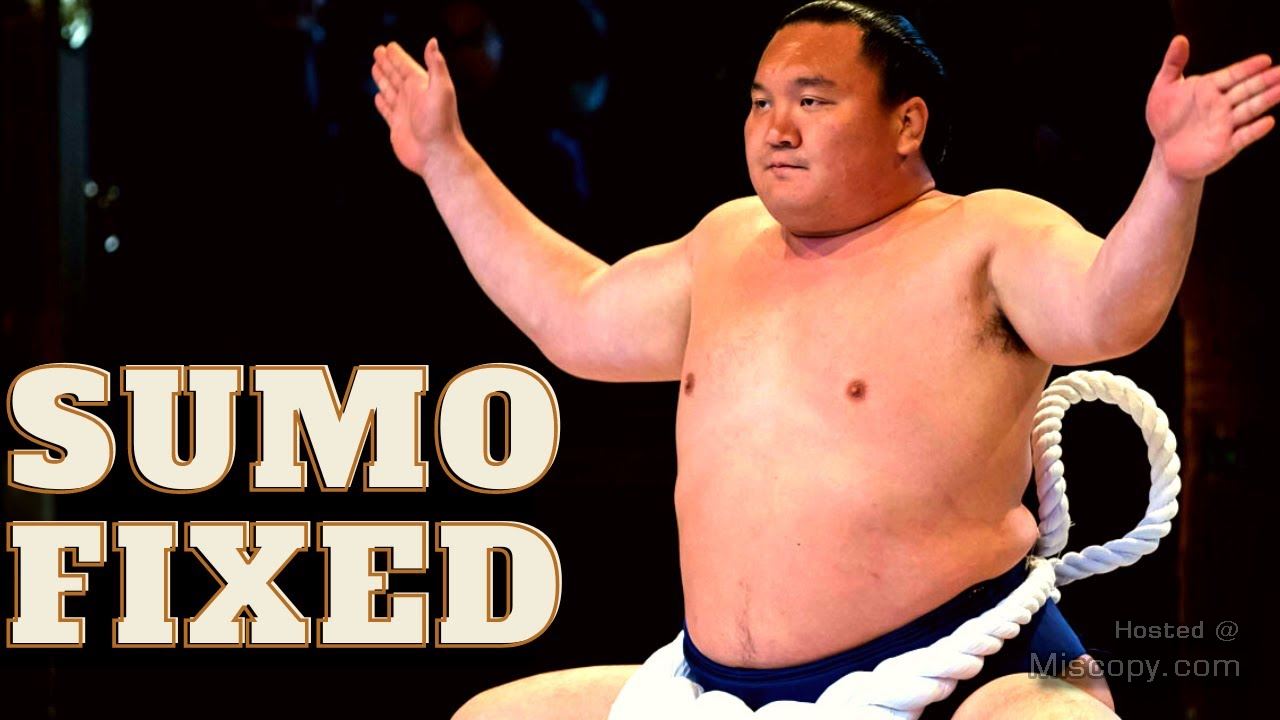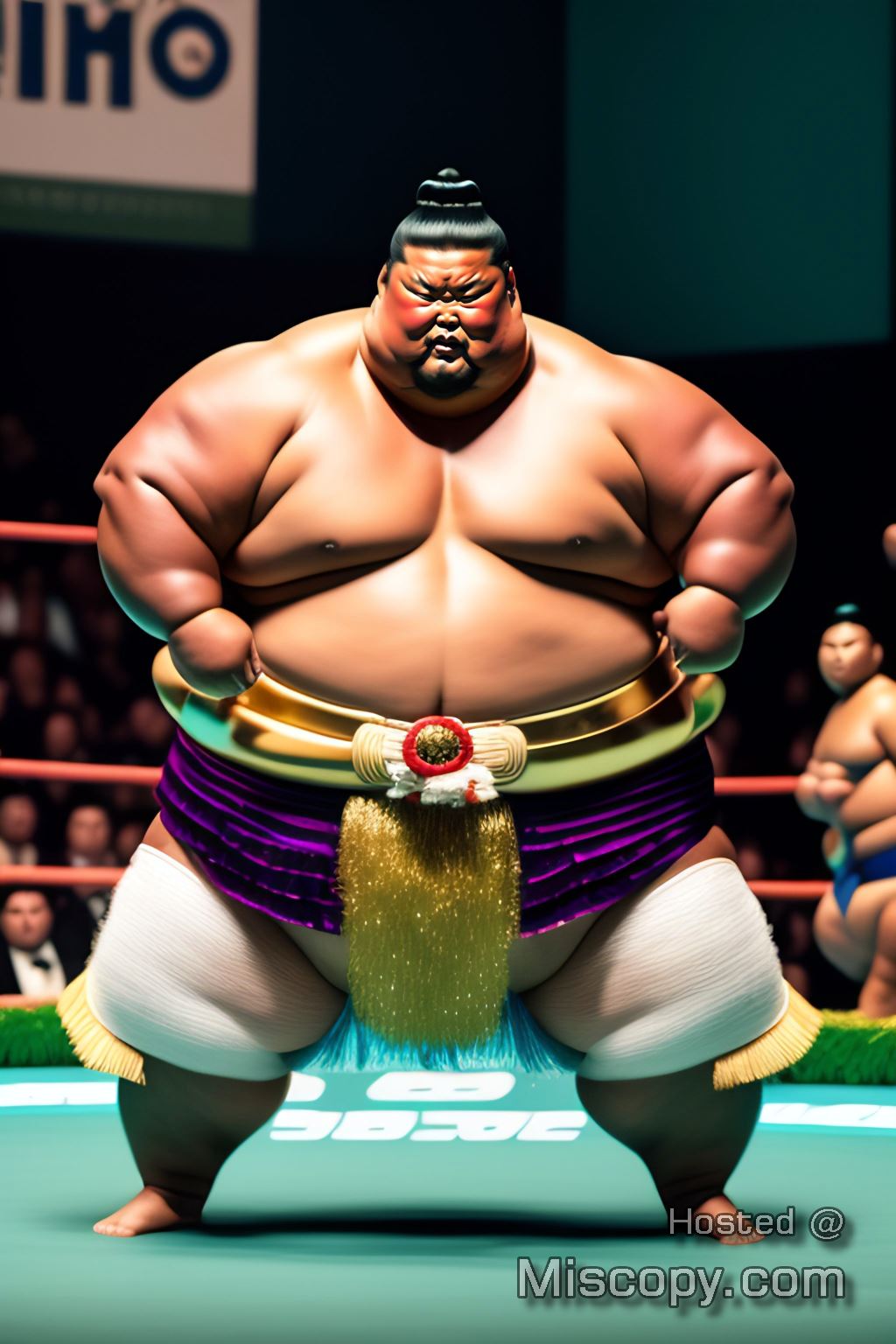The video discusses the issue of match-fixing and bribery, known as Yaocho in Sumo wrestling. Sumo, which is considered the national sport of Japan, has a complicated incentive scheme that affects every part of a wrestler’s life.
Lower-ranked wrestlers, who live in poor conditions and have limited opportunities to advance, may resort to match-rigging to earn a better rank. The video cites whistleblowing wrestlers who allege extensive corruption within the sport, including drug use, sexcapades, bribes, tax evasion, and ties to the Yakuza, the Japanese Mafia.
Despite allegations of match-fixing, formal disciplinary action against wrestlers is rare, as officials from the Japanese Sumo Association usually dismiss such charges. The video concludes by reflecting on how acknowledging the issue of Yaocho in Sumo allows for greater clarity in understanding the sport.
00:00:00
In this section, it is explained how the ancient Japanese sport of sumo is often fixed, just like any other professional sport in the world. The incentive scheme that rules sumo is intricate and powerful, with each wrestler maintaining a ranking that affects every part of their life.
The top athletes can earn millions of dollars and be treated like royalty, while lower-ranked wrestlers must tend to their superiors, prepare their meals, clean their quarters, and even clean their hard-to-reach parts during baths.
Rankings are everything, as lower-ranked wrestlers, who often live in poor conditions and have limited opportunities to advance, may resort to match rigging, sometimes with cash bribes, to earn a better rank. Despite allegations of match rigging, formal disciplinary action against Japanese sumo wrestlers is rare, as officials from the Japanese Sumo Association usually dismiss such charges.
00:05:00
In this section, the video discusses how Sumo wrestling in Japan is often fixed, and how two whistleblowing Sumo wrestlers came forward with extensive allegations of match rigging, drug use, sexcapades, bribes, tax evasion, and close ties to the Yakuza or the Japanese Mafia.
The video indicates that most wrestlers who weren’t specifically named were also corrupt, and in some matches, the allegedly corrupt wrestler who was on the bubble won about 80% of the time, suggesting that corruption was rampant in the sport.
Although the allegations of match-fixing had been published in tabloid newspapers for years before, the book by Konoshin Suga, who was also known as Anaruto stable master, detailed match-fixing allegations, and pointed to close ties with high-ranking officials in the Japan Sumo Association and Japanese organized crime syndicates that provided Sumo with drugs and women.
00:10:00
In this section, the video discusses the concept of Yaocho in sumo wrestling, which refers to match-fixing and bribery. Despite being considered the national sport of Japan, sumo has a long history of scandals, including allegations of yaocho.
The video presents evidence suggesting that yaocho is still prevalent in the sport, and that the sumo association has not taken sufficient action to address the issue. The discussion concludes with a reflection on how accepting the reality of yaocho in sumo is like wiping dust away from a mirror, allowing us to see ourselves more clearly.






